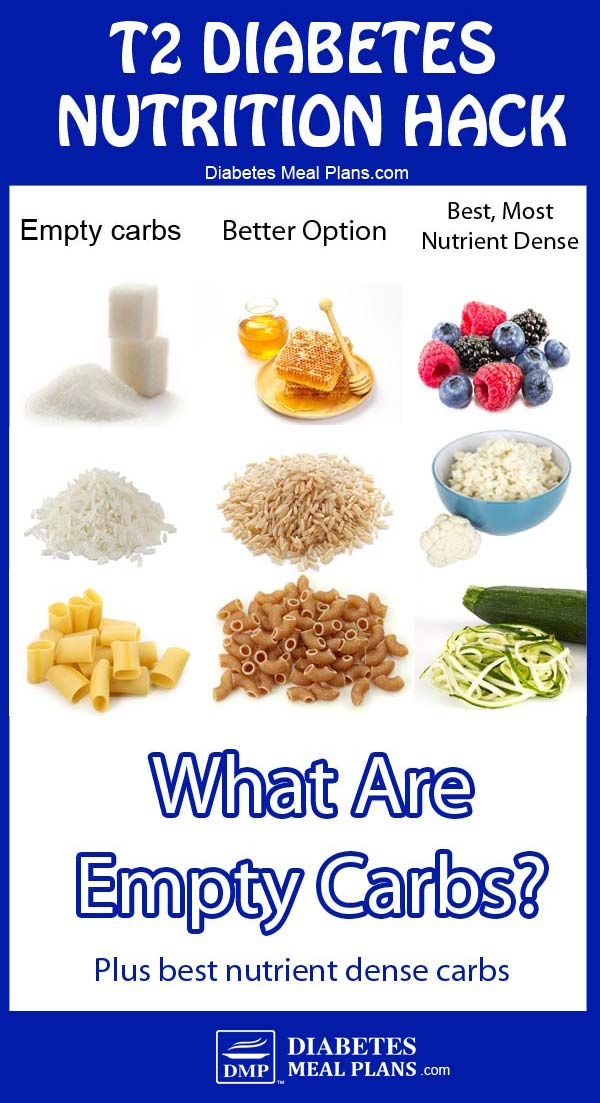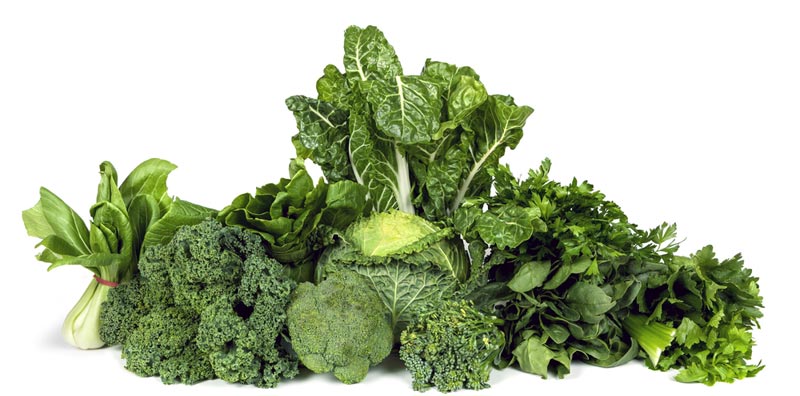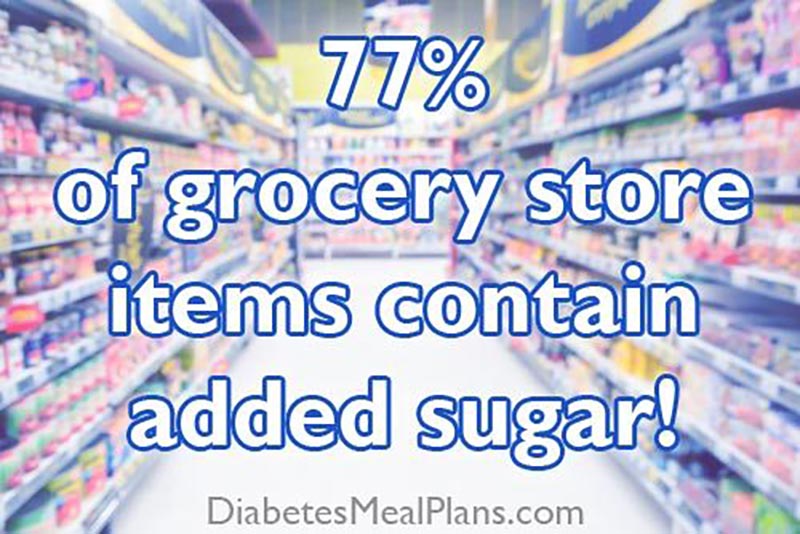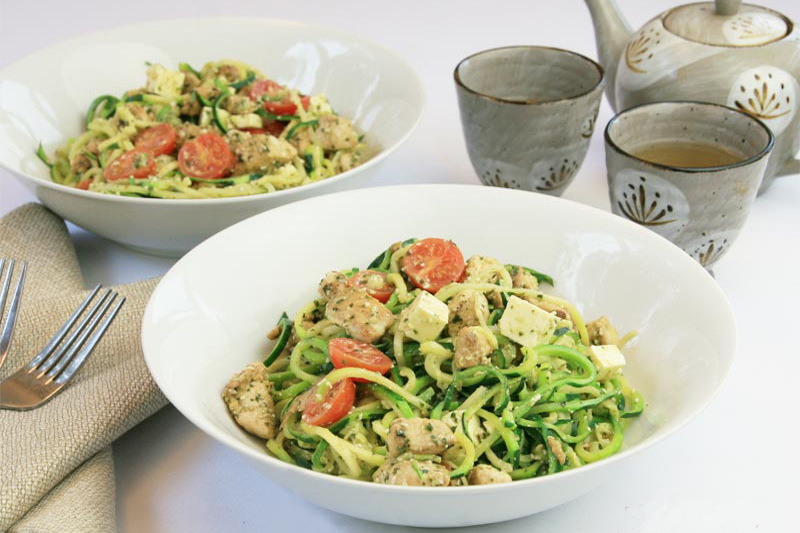You may hear the term empty carbs or empty calories and the principles for both are the same:
They are foods that provide very little nutritional value. They are “empty” in terms of what they provide to your body.
Let’s take a look at a few examples so you can get your head around this.
The Difference Between Empty Carbs and Nutrient Dense Carbs
Empty Carbs
- Typically highly processed
- Have added chemicals and sugars
- Have added synthetic (not natural) vitamins and minerals after processing
- Can be toxic to the body – causing ill health and disease
- Often high in calories
- Often much higher in carbs (meaning they mess with your blood sugar)
- Found in most grocery store isles as packaged, processed foods
Empty carbs provide very little nutritional value to the body.
Nutrient Dense Carbs
- Whole food natural sources
- Are full of natural vitamins, minerals, flavonoids, polyphenols, antioxidants and other beneficial compounds
- Natural chemicals and sugars that support the body’s natural function
- Non toxic to the body
- Often lower in calories
- Often lower in carbs
- Found in the perimeters of most grocery stores or at farmers markets and health food stores
Fill your body with nutrient dense whole foods for optimal health – they contain everything your body needs.
Please pin, tweet or share this info, then keep reading. :)

Examples and Comparisons of Empty Carbs and Nutrient Dense Carbs
EMPTY CARBS: Sugar – white, brown, raw – have all been stripped of nutrients so provide empty calories and carbs.
MORE NUTRIENT DENSE: Molasses, maple syrup and raw honey – these are not recommended for diabetics because they are high in carbs but they do contain vitamins, minerals and enzymes so they are a more nutrient dense carb.
MOST NUTRIENT DENSE: Strawberries, blueberries and raspberries – absolutely full of beneficial vitamins, minerals, antioxidants, flavonoids and phenolic compounds that promote better health.
Here’s another example:
EMPTY CARBS: White rice – most white things have been stripped of the majority of nutrients.
MORE NUTRIENT DENSE: Brown rice – contains a little more of everything especially niacin, folate, choline, vitamin K and fiber.
MOST NUTRIENT DENSE: Cauliflower rice – naturally lower in carbs and full of more beneficial nutrients.
And let’s do one more comparison to help make this picture even clearer.
EMPTY CARBS: White pasta
MORE NUTRIENT DENSE: Whole grain pasta – whole grains are always a better choice but again, high in carbs so can be problematic for blood sugar and A1C and therefore, not always the best choice for diabetics.
MOST NUTRIENT DENSE: Zucchini noodles/ pasta – a great low carb pasta substitute and full of vitamins, minerals and beneficial nutrients.
Best Nutrient Dense Carbs to Eat
VEGETABLES!
Yes, vegetables are a carbohydrate. And lucky for you, not only are they nutrient dense, veggies are also low in carbs and will not influence blood sugar and A1C dramatically like empty carbs do.
You can eat a smorgasbord of lower carb non starchy veggies.
Vegetables to choose from in abundance
Artichoke, asparagus, celery, tomatoes, bell peppers, carrots, onions, leeks, kohlrabi, green onions, eggplant, cauliflower, broccoli, asparagus, cucumber, cabbage, Brussels sprouts, artichoke, okra, zucchini, yellow summer squash, radish, snow peas, mushrooms, green beans, and so forth.
Eat loads of Green Leafy Vegetables
Green leafy vegetables are the most nutrient dense veggies we can eat.
So try and get some green leafy veggies into your daily routine.
Choose from lettuce, seaweeds, alfalfa, bean sprouts, spinach, collard greens, kale, beet greens, mustard greens, dandelion, fennel, Swiss chard, watercress, turnip greens, rocket, endive, bok choy, chicory, radicchio, Chinese cabbage, and silverbeet.

Appreciate What Your Body Needs
The short of it is, our body is a natural organism. Our body is made up of cells that are fueled by vitamins, minerals, enzymes and so forth. And therefore our body needs natural food sources full of vitamins, minerals, flavonoids, polyphenols, antioxidants and other beneficial compounds to help support optimal health and blood sugar control and fuel us to feel our best.
Nutrient dense foods fuel our life. Empty carbs and foods give no life and cause disease (including diabetes).
Think about it. Why have so many health problems such as cancer and type 2 diabetes become a huge epidemic in the past 20-30 years?
A large part of that can be put down to our food supply, which dramatically changed around 20-30 years ago.

While we do enjoy eating food and it is a pleasure. Food is really just fuel.
Feed yourself the right fuel and your engine will purr like clockwork. Feed it oil instead of fuel and it is going to cough, struggle, and get any number of problems.
Hope that clears up what empty carbs are, and now you know what the better carbs are to eat, too.
Happy Eating!
P.S. Grab our freebie pack while you’re here, it will help guide the way on the best foods to eat and give you some tips on lowering blood sugar, too!


Mae Millet
If I look at carbs my sugar goes through the roof ,I get so disgusted sometime I don’t even want to eat I just don’t know what more to do I like my deserts n food but very hard to try to keep up what can I do disgusting
Jedha
It’s a common problem Mae. As a type 2 diabetic you have a carbohydrate intolerance that affects your metabolism, so you need to make adjustments in your diet to reset your metabolism. Don’t get disgusted. Just learn better options and start incorporating them, monitor your levels and keep going in a positive direction. Did you see our recent dessert recipes? Also, browse through our top 10 diet essentials, you’ll find a lot of great info to help.